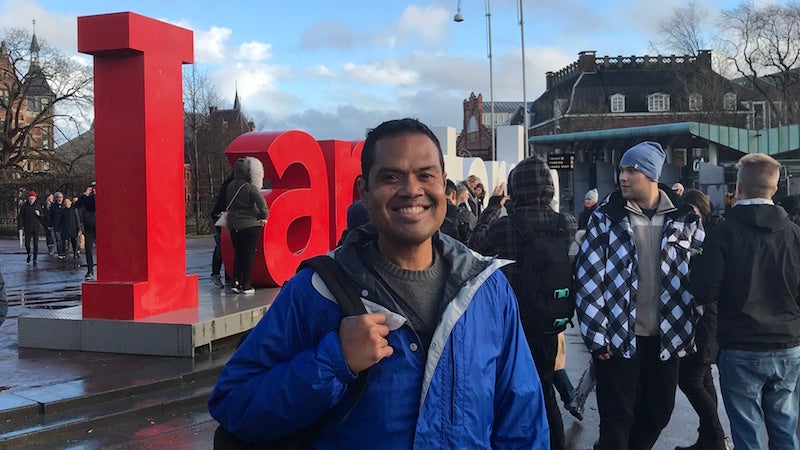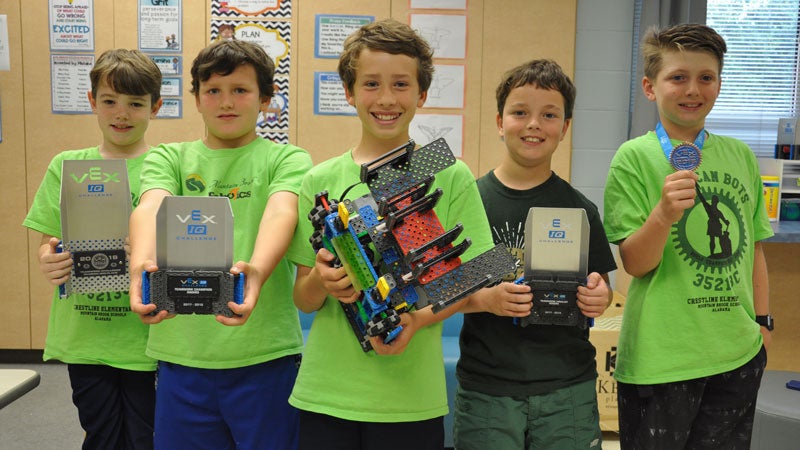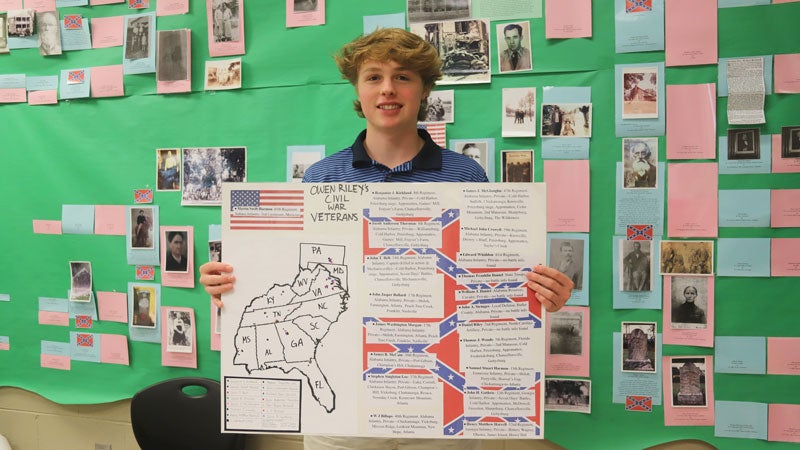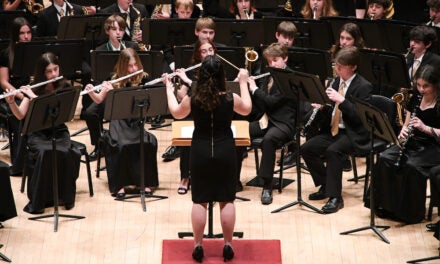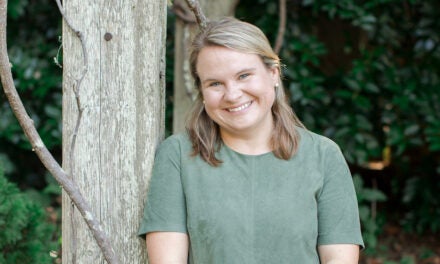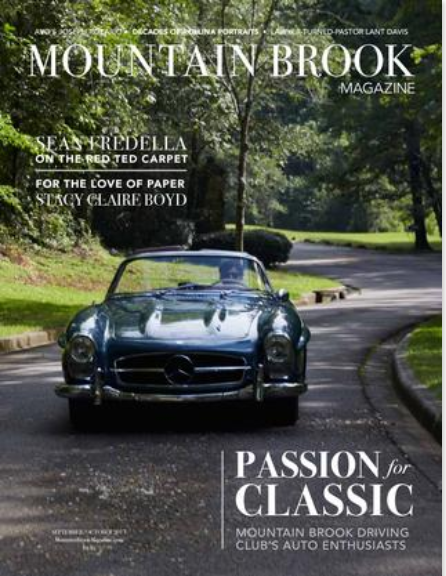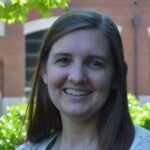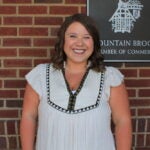The world has long been Michael Posey’s own classroom, and now, 20 years into his teaching career, he’s learning innovative ways to bring the world into his Latin classroom at Mountain Brook Junior High School through the Fulbright Teachers for Global Classrooms program. Ironically, he’s been a part of the year-long program in a time that has limited everyone’s travel more than ever before. As for Michael himself, the pandemic made him rethink where he was living last spring, and he moved from Baton Rouge up to to Birmingham last summer to be closer to family in Gadsden. As we chatted with him for this article, he had gotten his second COVID-19 vaccine and was plotting trips to Mexico and Morocco while bringing ancient Rome to life too.
You have taught Spanish, French and Latin. How did you learn these languages yourself?
I had a great Latin teacher who opened up that world to me, and I went to Dartmouth and took some courses in it. I was on the newspaper staff, and I interviewed a French teacher who told me to come on a trip to France. I went to Lyon for a semester and caught the bug to travel. The next year I went to Buenos Aires and then changed my major to Romance Languages with a focus on French and Spanish—and still got a Classics degree too. That has led me on adventures that have been great personal experiences and learning and teaching experiences.
Where will you be travelling as a part of your Fulbright program?
I was matched with a cohort going to France to meet with French teachers. For one to three weeks I will be somewhere in France teaching and working on a project. It will probably be in the fall of 2021, and three years of Fulbright scholars will be travelling next year since the others were pushed back. Others are going to South Korea and Germany.
Speaking of the Fulbright, how has your study of global education best practices influenced what you do in the classroom?
I have done some exchanges over Zoom. I talked to a colleague who had written a mythology book, and she was a guest in my classroom through Zoom. We also did an exchange with a writer and illustrator in New York City, and he will be back in April. Through collaboration with global education we investigate the world, investigate others, gain perspective outside your own and communicate ideas. It also improves collaboration and digital literacy. It gets perspectives that are different than mine in the classroom, especially in this year where you can’t go out and experience the world. I thought, “Let’s bring the world into us.”
Why teach Latin?
Latin is so foundational. It is the basis for the Romance languages which includes opportunities to study and experience Spanish, French Portuguese, Italian and Catalan. Through studying it you learn history and architecture and find connections with government and law and medicine. I tell my students I am not jealous if they don’t go on to be a classics scholar. I am here to broaden their areas of interest, so they can appreciate the culture and its contributions to society, whether that means they go into medicine or law or writing. It’s not just my discipline I am trying to promote, but it’s global education and making sure our students can be global leaders. It promotes student agency when they can choose things they want to pursue. They can also see things haven’t really changed in 3,000 years—we still deal with things like war and how the government works and literature and arts.
What else is on the horizon for you?
I was just selected for a National Endowment for the Humanities summer seminar for teachers that will be three weeks on Patronius, an ancient author, and looking at the voices of marginalized communities that don’t have speaking parts in the literature, like slaves and women. Rome was a very cosmopolitan and diverse city but often we don’t hear those voices. There are others there.

